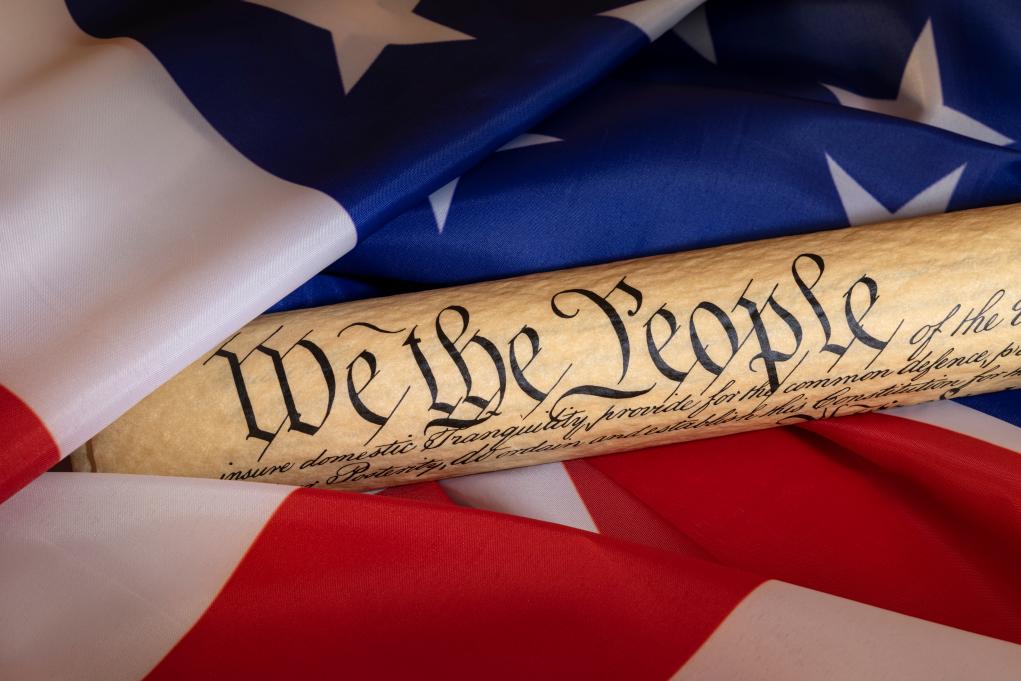
On June 21, 1788, the United States Constitution officially became the law of the land. The men of the constitutional convention agreed on this basic framework, but also agreed to clarify some issues. So, on December 15, 1791, the first 10 amendments — the Bill of Rights — were added.
Since that time, another 17 amendments have been added, bringing the total to 27. While all the alterations are important, some have a more direct impact on our day-to-day lives than others. Let’s look at three of those.
The First Amendment
The original Bill of Rights set boundaries on how much the government might intrude into the lives of its citizens. The First Amendment carved out several such niches.
Freedom of Speech
As a colony, we had little representation in government under English rule, and the voices that did make themselves heard were sometimes at risk of being charged with sedition. Free speech, in addition to being a fundamental human right, is necessary to maintain political freedom.
Freedom of Religion
Two clauses work together to guarantee this freedom. The first establishes that the government cannot declare itself a Christian institution that prohibits Muslims or Hindus from being involved. And the second allows people to practice the tenets of their faith freely. It is worth noting that sometimes the latter gets obscured by the former.
Freedom of the Press
This allowed the establishment of the Fourth Estate, or journalism in all media forms, as another check on government. Journalists may criticize the government and have access to documents under its control within certain limitations, such as national security issues. So, unlike countries such as Russia and Communist China, people get their information from a source that is not another arm of the State.
The Second Amendment
The right to keep and bear arms as outlined in the Second Amendment tends to cause friction along ideological lines between Conservatives and Liberals. Our Founding Fathers believed that we needed the ability to protect ourselves for personal safety and as a check against authority moving towards a totalitarian system.
Those who oppose personal firearms argue the amendment indicates it is for military service only. This position took a serious blow when the Supreme Court in the case of District of Columbia v. Heller ruled that it was nothing more than an introduction and that it was meant to confer the right to individuals.
The 13th Amendment
The 13th Amendment is arguably the greatest of all the alterations made to the Constitution because it had a profound impact on the American way of life. Ratified after the end of the Civil War, it abolished the institution of slavery in the country.
Two other amendments worked to provide equal rights to people of color and former slaves. The 14th Amendment extended the idea that the laws and protections apply both to the Black populace as well as to the Whites; the 15th Amendment established that the right to vote could not be limited because of race, color or the former status of servitude.
Our Founding Fathers came from Europe, from monarchies that gave nearly exclusive power to one person. When they formed the Republic, they desired to guarantee to us the liberties that every American enjoys today and should hold dear and vigorously defend.






















